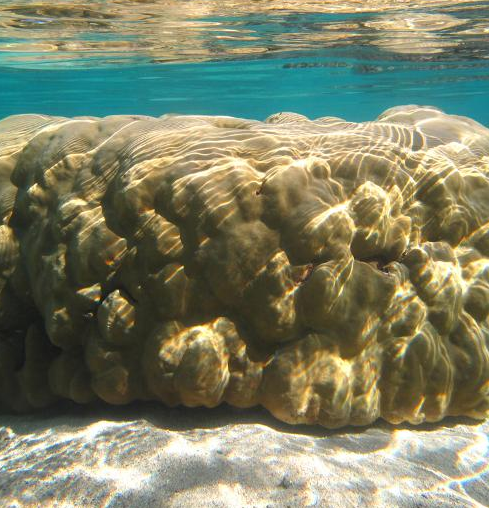Coral communities uncovered
 Scientists have decoded the DNA of coral and its microscopic supporters.
Scientists have decoded the DNA of coral and its microscopic supporters.
Coral exists as a complex community of tiny organisms like algae and bacteria, which share resources to build healthy, resilient coral.
A study led by experts at the University of Queensland and James Cook University has decoded the DNA of these various symbiotic species in an attempt to aid in the revival of the world’s embattled coral reefs.
“Symbiotic relationships are incredibly important for thriving corals,” says UQ’s Dr Steven Robbins.
“The mostly striking example of this is coral bleaching, where corals expel their algal symbiotic partners at higher-than-normal water temperatures.
“As algae make up the bulk of the coral’s food through photosynthesis, the coral will die if temperatures don’t cool enough to allow symbiosis to re-establish.
“It’s possible that equally important interactions are happening between corals and their bacteria and single-cell microorganisms (archaea), but we just don’t know.
“To properly manage our reefs, we need to understand how these relationships work, and genomics is one of our best tools.
“Genomics allows us to look at each organism’s entire library of genes, helping us work out how coral symbiotic relationships might support coral health.”
In the research, the scientists took a sample of the coral Porites lutea from a reef near Orpheus Island, just north of Townsville.
In the lab, they separated the coral animal, its algal partner and all associated microbes, sequencing each organism’s DNA.
“Once we’ve sequenced the genomes, we use computer algorithms to look at the entire library of genes that each organism has to work with,” Dr Robbins said.
“This allows us to answer questions like, ‘what nutrients does the coral need, but not make itself?’”
Associate Professor David Bourne, from JCU and the Australian Institute of Marine Science (AIMS) said that having high-quality genomes for a coral and its microbial partners is hugely important.
“Large advances in human medicine have been achieved in the past 20 years since the human genome was decoded,” he said.
“Over the next 20 years, similar knowledge of corals and how they function will emerge – this data set represents a foundation for that.
“For the first time, we now have the genomes of a large number of the microbes that make up this coral, which is incredibly important for their survival.
“It’s truly ground-breaking – this is the blueprint for coral and their symbiotic communities.”








 Print
Print